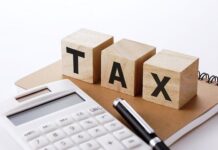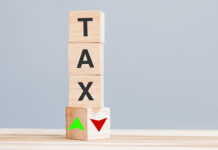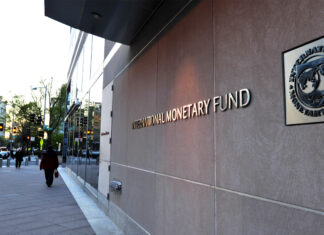ISLAMABAD: The federal cabinet on Tuesday approved the export of locally manufactured personal protection equipment (PPE) and hand sanitisers, as it was informed that the country’s overall exports fell by 54 per cent in April but a rise of 34 per cent was witnessed in May.
The federal cabinet meeting, chaired by Prime Minister Imran Khan, also decided that a joint committee comprising members from the ministries of commerce, health, industrial production, and science and technology will have the discretion to ban the export of any item keeping in view the domestic needs.
The cabinet underscored the importance of public awareness so people strictly observe SOPs issued by the government to safeguard against the spread of coronavirus.
Cabinet members expressed satisfaction over an increase from two to 200 laboratories equipped with testing facilities. They were informed testing capacity has been ramped up to 32,000 tests per day, up from an initial 400.
Additionally, the cabinet discussed the progress in the upcoming federal budget for FY2020-21 and a detailed briefing on the current economic indicators was given.
The cabinet was told that due to the coronavirus pandemic, the country’s exports fell by 54pc in the month of April. Thereafter, in May, a rise of 34pc was witnessed. Foreign remittances worth $18.8 billion were received in FY2019-20. At end-April, foreign exchange reserves of $18.7bn were recorded.
The current account deficit in FY20 was recorded at $3.3bn, equivalent to 1.5 per cent of the Gross Domestic Product (GDP). In FY19, the current account deficit stood at $11.4bn, which was 4.7pc of the GDP.
In the current financial year, exports stood at $16.4bn, whereas imports stood at $19.7bn, marking a balance of trade of $2.6bn.
The pandemic also impacted the Federal Board of Revenue’s (FBR) tax collection. Despite a seemingly bleak situation, the primary balance remained positive, the cabinet was informed.
It was told that it was for the first time in the country’s history that the primary balance remained positive and was chalked up to the “government’s policies and financial discipline”.
The cabinet was also briefed on the progress in Public Sector Development Programmes (PSDP) and provincial development programmes. It was also apprised of the cotton, sugarcane, and corn production levels as well as manufacturing output from big industries.
The briefing also included a discussion on inflation, which stood at 14.5pc in January, it was recorded at 8.5pc in April.
The FY2019-20 witnessed a total investment of $1.864, whereas in the previous financial year, the figure stood at a mere $403 million. The policy rate has reduced from 13.25pc to 8pc.
The next budget will keep in mind the current economic situation, the cabinet was informed.
The prime minister said that measures for economic stability and improvement will continue.
He stressed on the need for government departments and ministries to reduce their expenses and for a continued focus on an improvement in their performance.
























